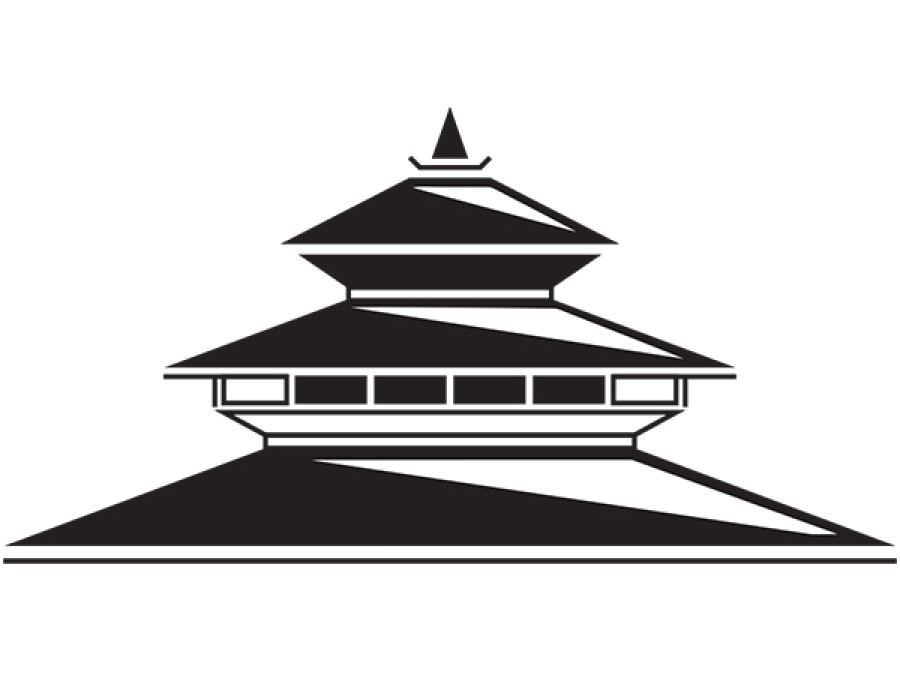Editorial
#beboldforchange
Things are far from ideal for Nepali women, but the fight for equal rights continues
Originally called International Working Women’s Day, the International Women’s Day was primarily celebrated in socialist and communist countries before the United Nations adopted it in 1975. The IWD has undergone considerable contextual evolution to reach the point where it is today. It is a day to advocate gender equality while celebrating women and their contribution to society despite the obstacles they face.
This year, on the 107th IWD, the campaign theme is ‘Be Bold for Change’. The campaign calls on people to work towards a more gender inclusive world. Nepal has joined a slew of countries in this initiative. But how effective is it as a vehicle for change in a country like ours? Nepal is facing a long road ahead, fraught with difficulties in the form of social mindsets and deep-rooted patriarchal norms.
Shocking crimes are perpetrated against Nepali women. According to a UNFPA report, one in seven Nepali women suffered physical or sexual violence by an intimate partner in the 12-month period before the report’s release in November 2016. Just over four months ago, the ancient Hindu custom of Chhaupadi resulted in the deaths of two women while they were confined in cowsheds for being “impure” menstruating females. Practices like these persist despite government bans. Wage discrimination, unequal power relations, gender-based barriers and illiteracy are additional problems that disproportionately affect women.
This does not mean Nepal hasn’t done anything to promote gender parity. Nepal is a signatory to 23 international human rights treaties and instruments with legal framework largely supporting women’s rights and equality. The new constitution contains some positive provisions that seek to advance gender equality and women’s empowerment by guaranteeing non-discrimination in rights to protection, safe motherhood, reproductive health and lineage, among others. It guarantees 33 percent women’s representation in Legislative-Parliament. However, it has generated considerable backlash for some provisions that are discriminatory against women, like their inability to pass citizenship rights to children.
It is difficult to overcome inequality when it is deeply ingrained in the culture. There are innumerable barriers that prevent us from giving women the right status they deserve. However, the IWD advocates one message that all of us must take to heart: though things may be far from ideal for women, as long as we keep the fight for equality alive, the patriarchal socio-cultural norms prevalent in Nepali society shall be dismantled.




 9.7°C Kathmandu
9.7°C Kathmandu














